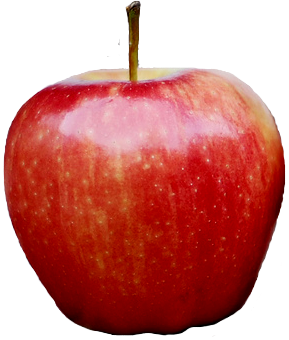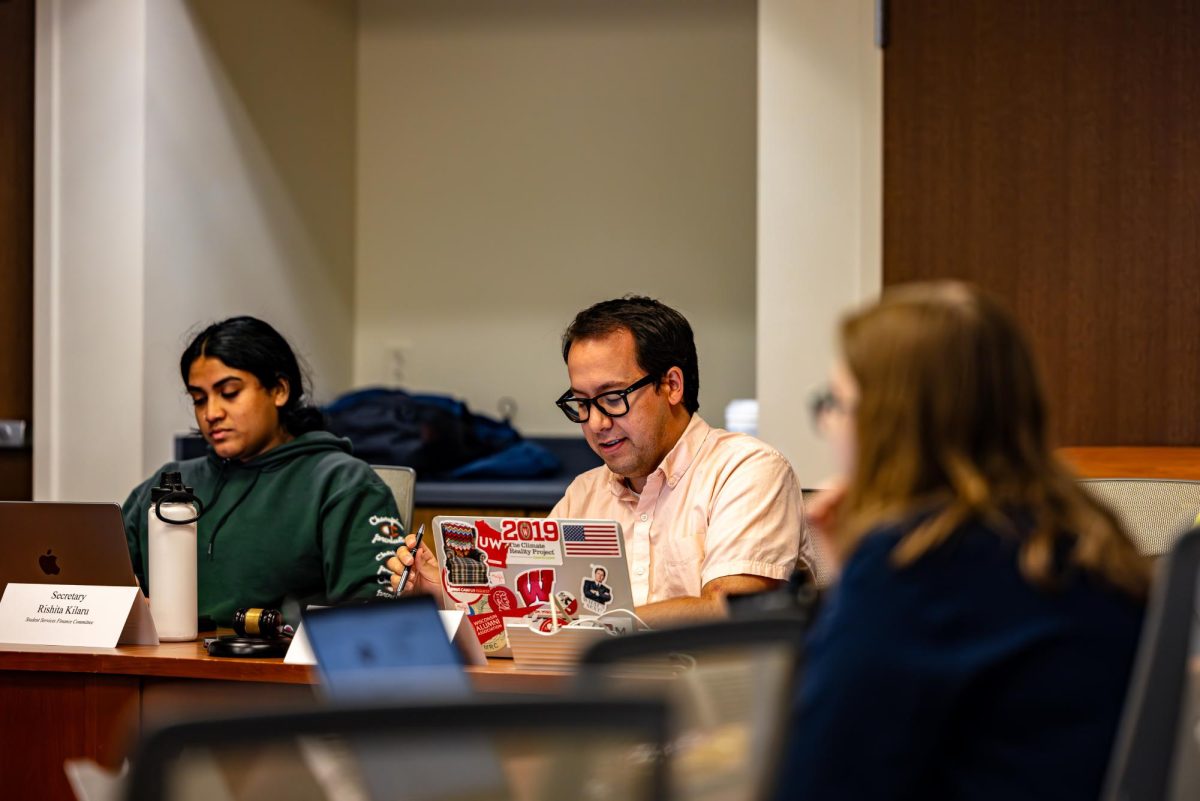Scientists have discovered a way to prevent apples from browning, but a University of Wisconsin professor of agricultural and life sciences has expressed skepticism as the Food and Drug Administration begins an investigation on them for any potential health impacts.
The browning trait is a natural phenomenon from the apple becoming exposed and reacting to oxygen. The new genetically modified apples do not brown when sliced or bruised and were approved by the USDA last month.
The FDA will research whether any toxins are present or if the GMO apples could produce some type of allergy, Amaya Atucha, assistant professor of agricultural and life sciences at UW, said. The FDA will also consider if there is a difference in the level of nutrients present compared to traditionally bred apples, she said.
FDA approval is not required for the GMO apples to become commercialized, Atucha said. Because there is a lot of controversy about the possible negative impacts, the company that created the GMO apple is volunteering for analysis.
There are no harmful effects from eating an apple that has browned, Atucha said. The GMO apples were created for aesthetic reasons, she said
“There’s a lot of waste of apples just because of this browning process,” Atucha said. “It has nothing to do with apples browning and that producing health problems.”
The apple industry has expressed concerns that the introduction of GMO apples will have a negative impact on the general perception of apples, Atucha said.
GMO food products are not required to have a label that identifies them, Atucha said. With the new apples, people won’t be able to distinguish which have been modified.
“In general there’s not a really good perception of GMO crops,” Atucha said. “If you ask the population and the consumers, everybody is going to tell you they are concerned about eating the GMO crops.”
Consumers are going to become more wary of eating apples and this could damage the overall image and consumption of apples, she said.



















